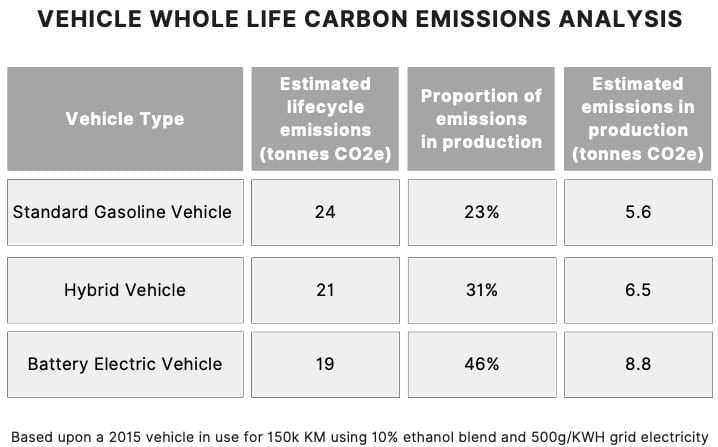The rise of electric vehicles (EVs) is often lauded as a crucial step towards a greener future, but the full picture is far more complex than simply replacing combustion engines. The environmental impact of EV battery manufacturing and recycling processes presents a significant challenge that must be addressed to truly achieve sustainable transportation. From the extraction of raw materials to the eventual disposal or repurposing of spent batteries, each stage demands careful consideration and innovative solutions. Understanding the comprehensive life cycle of EV batteries is paramount to mitigating potential harms and optimizing their contribution to a cleaner environment. This necessitates a detailed examination of the processes involved.
The Environmental Cost of EV Battery Manufacturing
Manufacturing EV batteries is an energy-intensive process with several environmental implications. These impacts stem primarily from:
- Raw Material Extraction: Mining lithium, cobalt, nickel, and other essential minerals can lead to habitat destruction, water pollution, and soil degradation.
- Energy Consumption: The manufacturing process requires significant amounts of energy, often sourced from fossil fuels, contributing to greenhouse gas emissions.
- Water Usage: Battery production utilizes substantial quantities of water, potentially straining local water resources, especially in arid regions.
- Waste Generation: Production processes generate chemical waste and scrap materials that require proper disposal and treatment.
Specific Challenges: Resource Depletion and Ethical Concerns
Beyond direct environmental damage, the extraction of certain minerals raises ethical concerns related to labor practices and human rights. Cobalt mining, in particular, is often associated with unsafe working conditions and child labor in some regions. Furthermore, the long-term availability of these resources is a growing concern as demand for EV batteries increases exponentially. Innovation in battery chemistry, material sourcing, and recycling technologies is crucial to alleviate these pressures and ensure a sustainable future for EVs.
The Promise and Challenges of EV Battery Recycling
Recycling EV batteries offers a pathway to recover valuable materials, reduce reliance on virgin resources, and minimize waste. However, current recycling infrastructure and technologies face several challenges:
- Complex Battery Chemistry: Diverse battery chemistries (e.g., lithium-ion, nickel-metal hydride) require different recycling processes, making it difficult to establish standardized procedures.
- Cost and Efficiency: Existing recycling methods can be expensive and energy-intensive, potentially offsetting some of the environmental benefits.
- Safety Concerns: Handling and processing spent batteries pose safety risks due to the presence of hazardous materials and the potential for thermal runaway.
- Limited Infrastructure: The current recycling capacity is insufficient to handle the anticipated volume of end-of-life EV batteries.
Despite these challenges, significant progress is being made in developing more efficient, cost-effective, and environmentally friendly recycling technologies. These advancements include hydrometallurgical and pyrometallurgical processes, as well as direct recycling methods that preserve the battery’s cathode material.
Mitigating the Environmental Impact: A Holistic Approach
Addressing the environmental impact of EV battery manufacturing and recycling requires a multi-faceted approach that encompasses:
- Sustainable Sourcing: Promoting responsible mining practices and investing in research to develop alternative battery materials.
- Clean Energy Manufacturing: Transitioning battery production to renewable energy sources to reduce carbon emissions.
- Improved Recycling Technologies: Investing in research and development to improve the efficiency, cost-effectiveness, and environmental performance of battery recycling processes.
- Extended Battery Lifespan: Encouraging battery repurposing and second-life applications to extend the usable life of batteries and reduce the need for new production.
- Policy and Regulation: Implementing policies that incentivize sustainable battery production, recycling, and disposal practices.
The environmental impact of EV battery manufacturing and recycling is a crucial consideration in the transition to sustainable transportation. By addressing the challenges and embracing innovative solutions, we can unlock the full potential of EVs to contribute to a cleaner and healthier planet. It is essential to remember that a holistic approach, incorporating sustainable sourcing, clean energy manufacturing, and advanced recycling technologies, is paramount to achieving a truly sustainable EV ecosystem. Only then can we ensure that the benefits of electric mobility outweigh the environmental costs.

